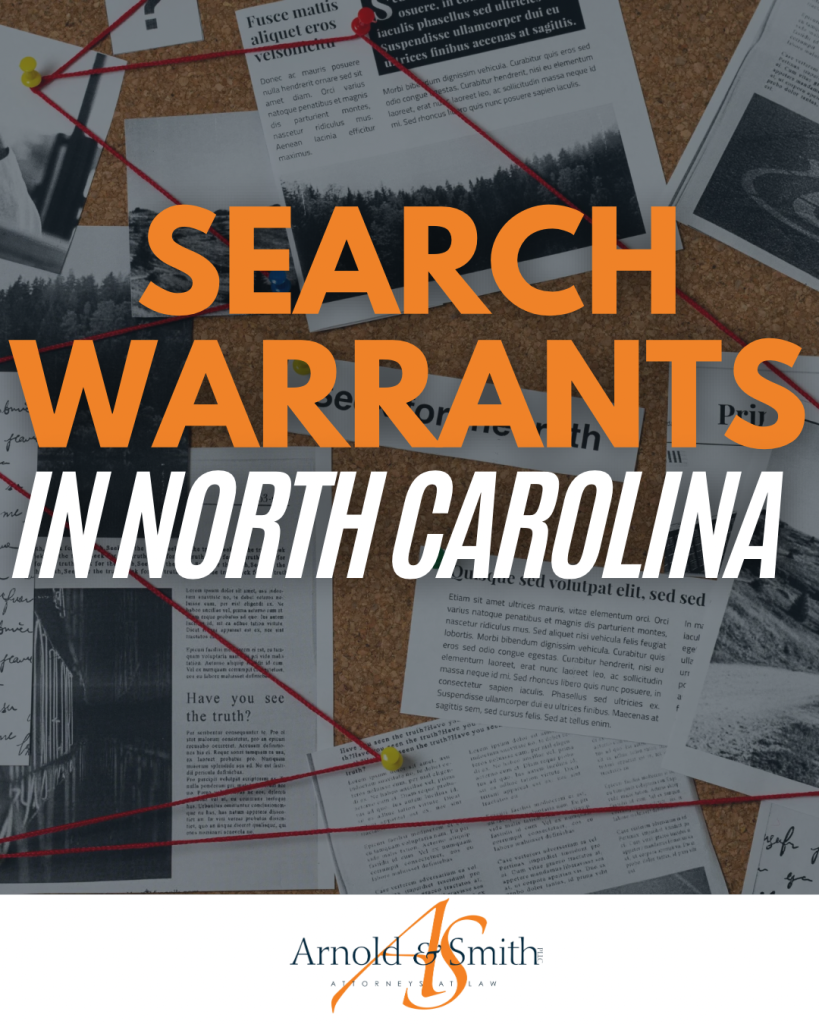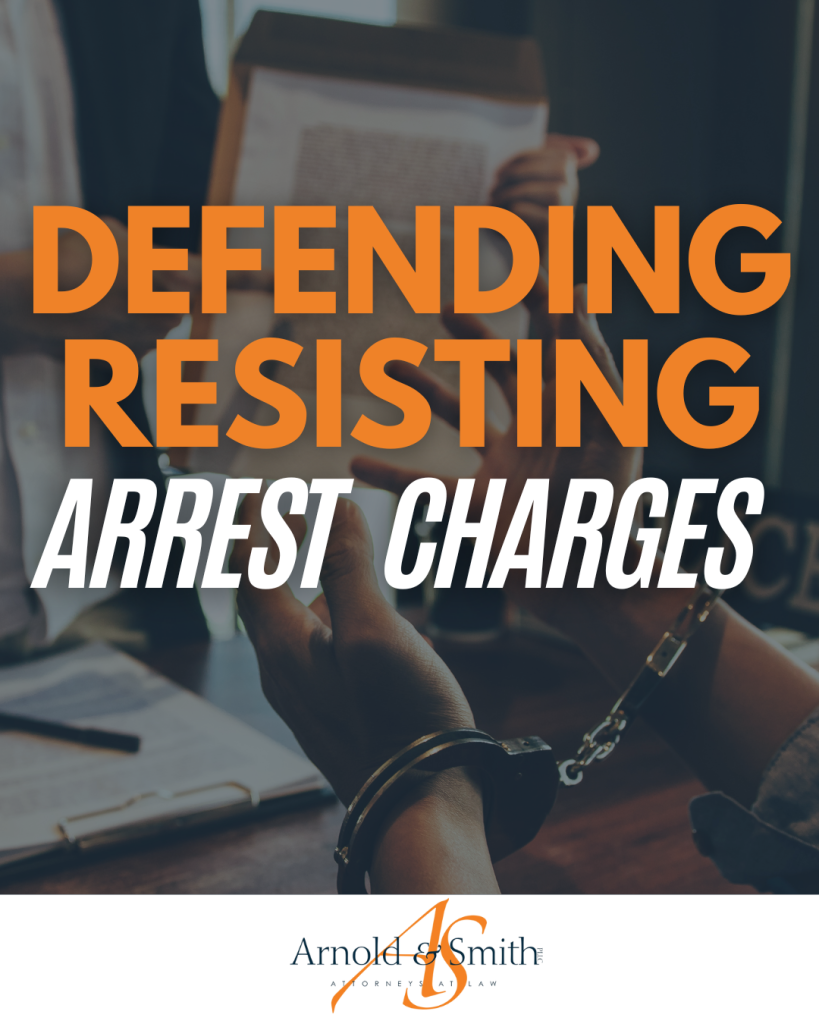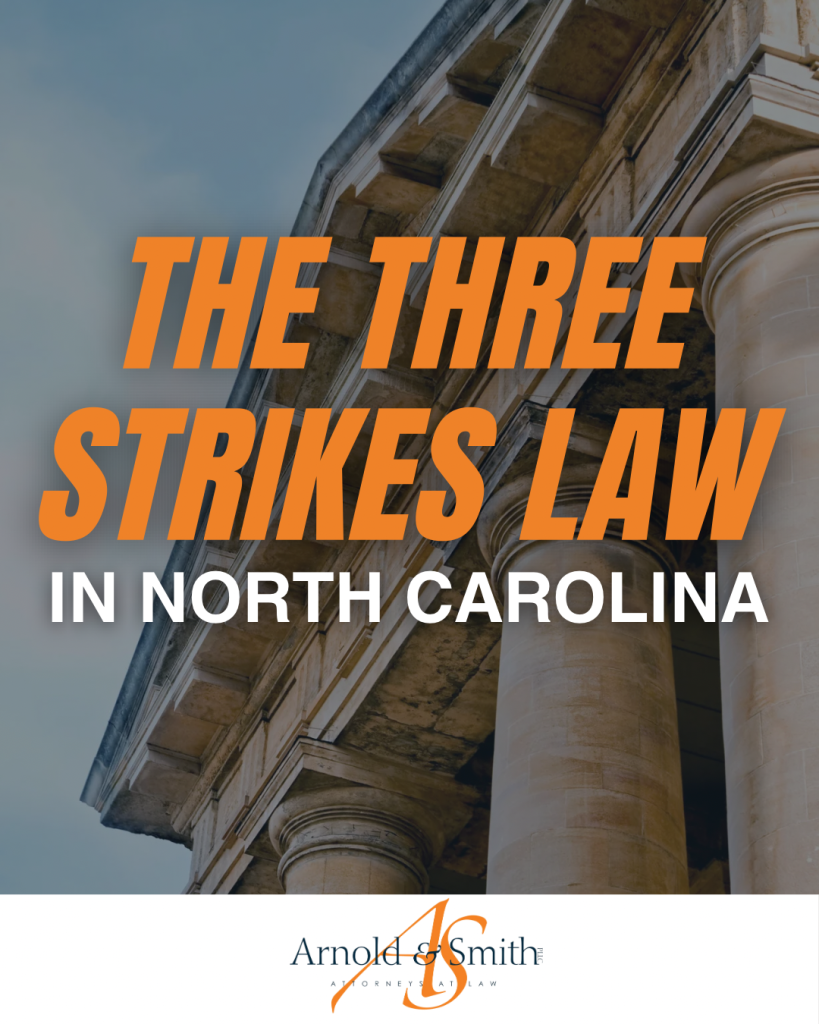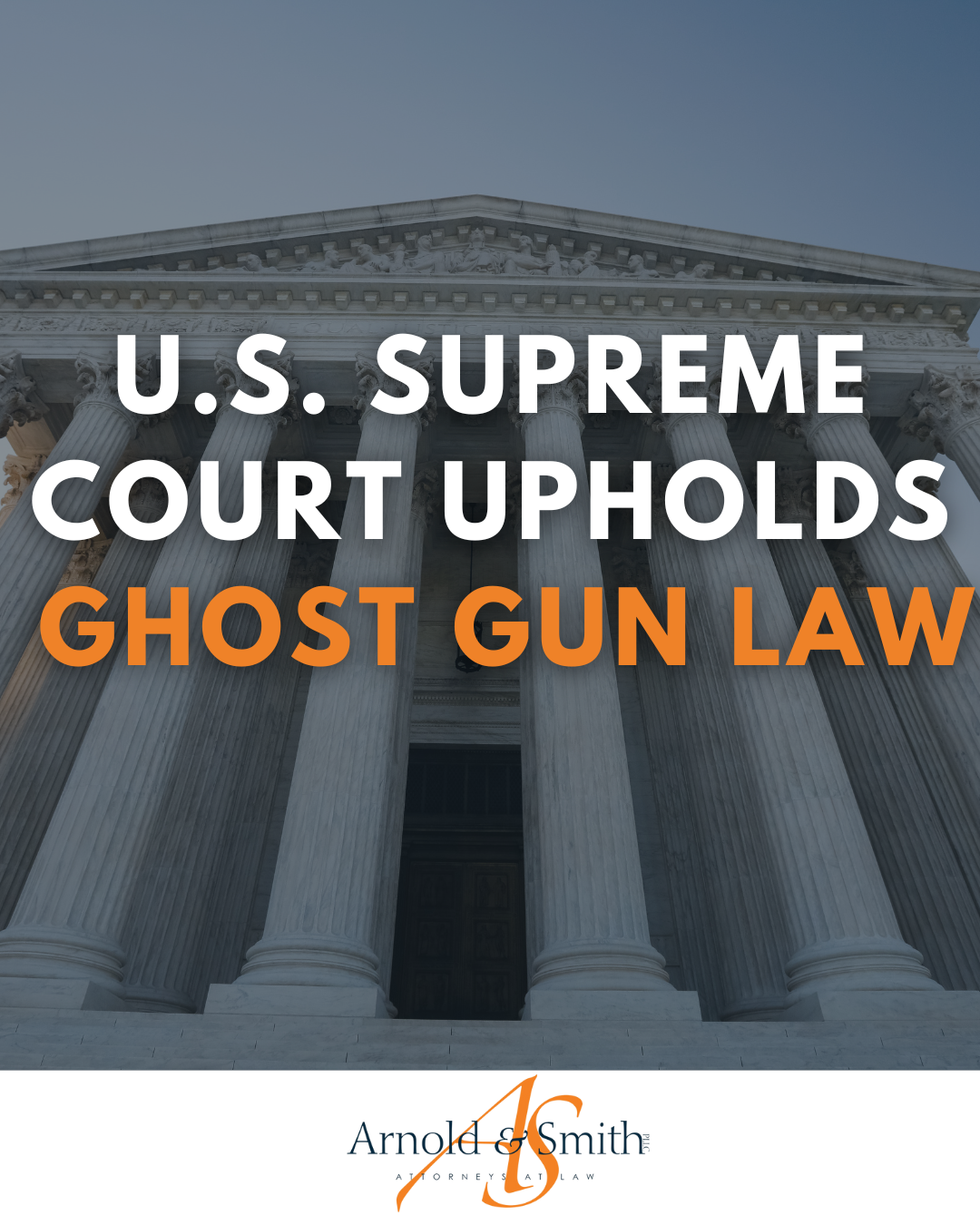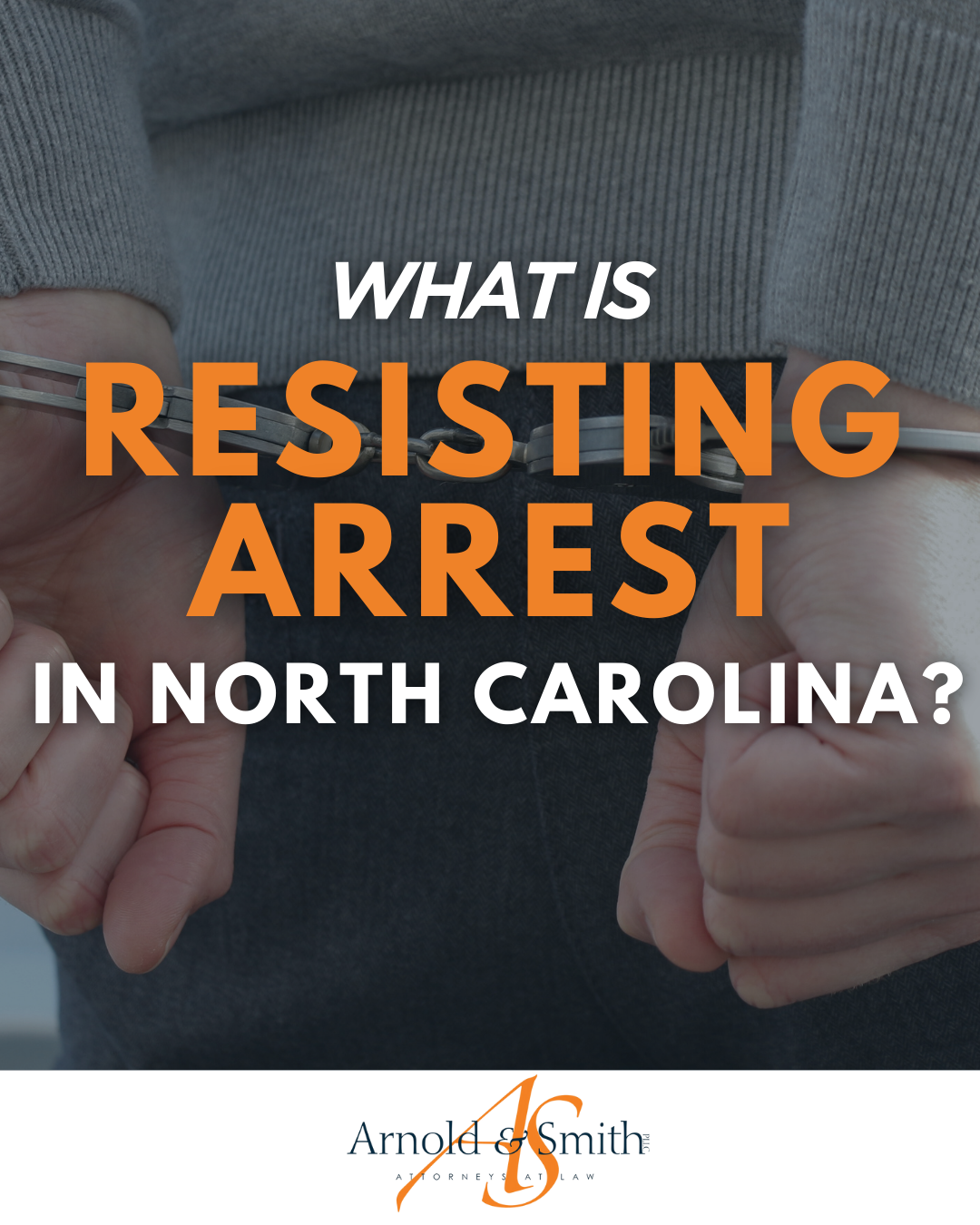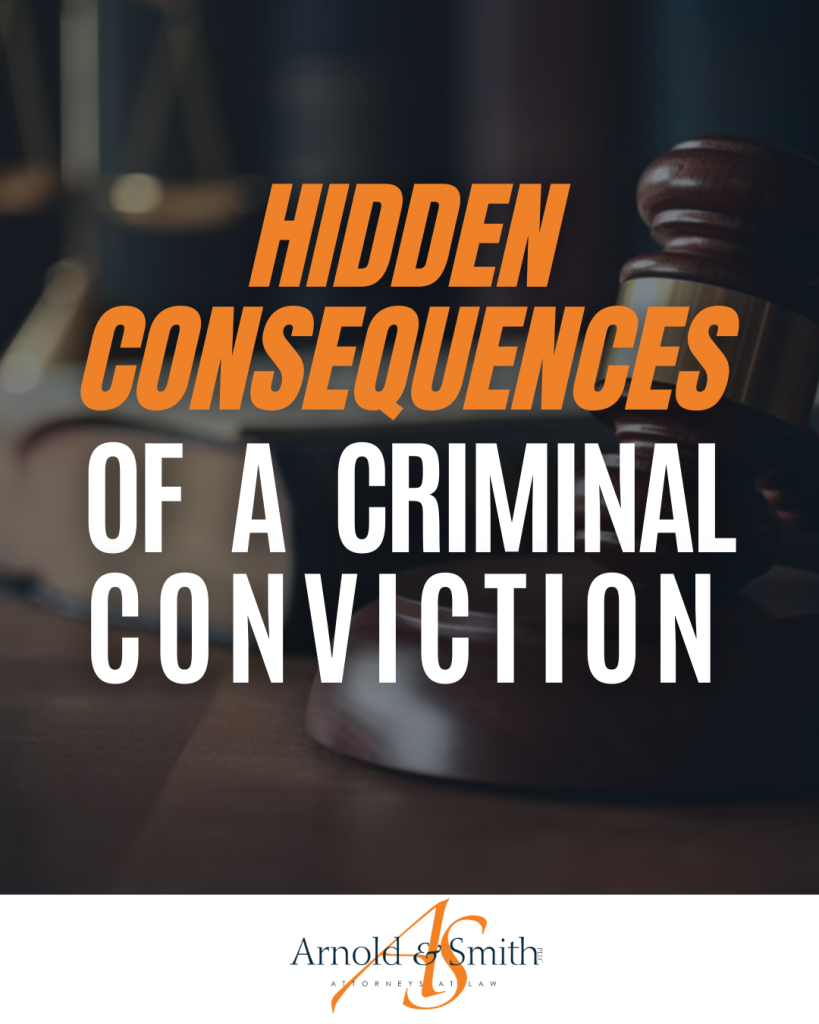 Hidden Consequences of a Criminal Conviction
Hidden Consequences of a Criminal Conviction
When you have been charged with a crime, you could be facing a number of serious penalties. If convicted, you could be sentenced to a variety of penalties depending on the sentencing guidelines for that particular crime, as well as other factors, such as your criminal history, and more. Depending on whether a crime is classified as a misdemeanor or felony, you may receive a sentence that includes fines, jail time, probation, community service, rehabilitative treatment, or educational courses, as well as other penalties.
Although you are typically most concerned with the sentencing you may receive if found guilty, there are other consequences that go beyond the court. In addition to the statutory penalties that will be imposed if convicted of a crime, there are other consequences that you may need to deal with as a result of the conviction.
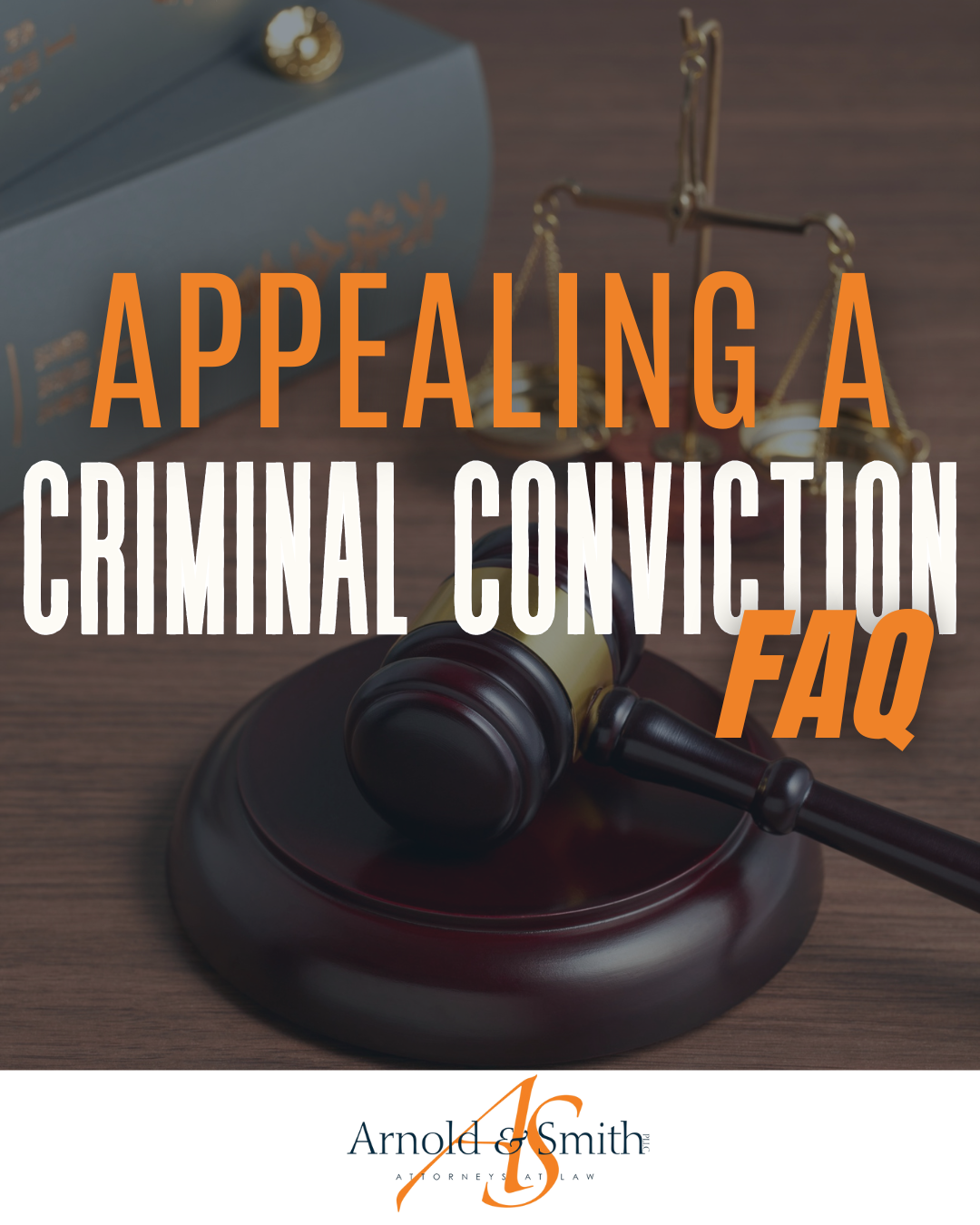 Appealing a Criminal Conviction FAQ
Appealing a Criminal Conviction FAQ Charlotte Criminal Lawyer Blog
Charlotte Criminal Lawyer Blog



